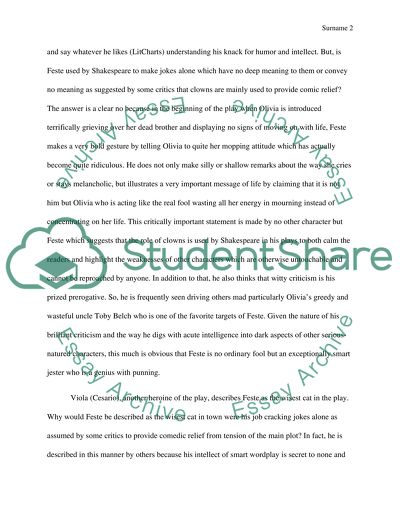Cite this document
(“Twelfth Night and The Winter's Tale Essay Example | Topics and Well Written Essays - 1500 words”, n.d.)
Retrieved from https://studentshare.org/english/1494864-twelfth-night-and-the-winter-s-tale
Retrieved from https://studentshare.org/english/1494864-twelfth-night-and-the-winter-s-tale
(Twelfth Night and The Winter'S Tale Essay Example | Topics and Well Written Essays - 1500 Words)
https://studentshare.org/english/1494864-twelfth-night-and-the-winter-s-tale.
https://studentshare.org/english/1494864-twelfth-night-and-the-winter-s-tale.
“Twelfth Night and The Winter'S Tale Essay Example | Topics and Well Written Essays - 1500 Words”, n.d. https://studentshare.org/english/1494864-twelfth-night-and-the-winter-s-tale.


